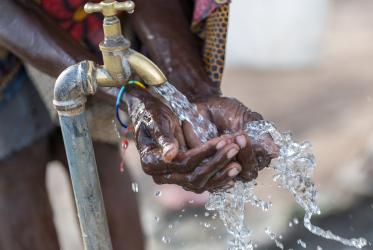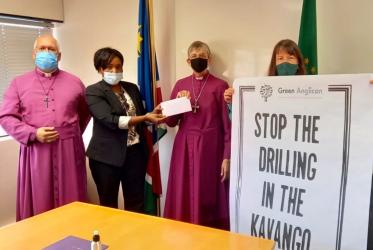Displaying 1 - 20 of 159
Faith Actors Reflect on Their Role in Reaching HIV Goals at ICASA
21 December 2023
Protecting Ethiopia’s church forests
27 October 2021
South Sudanese Churches shelter populations displaced by floods
23 September 2021



















